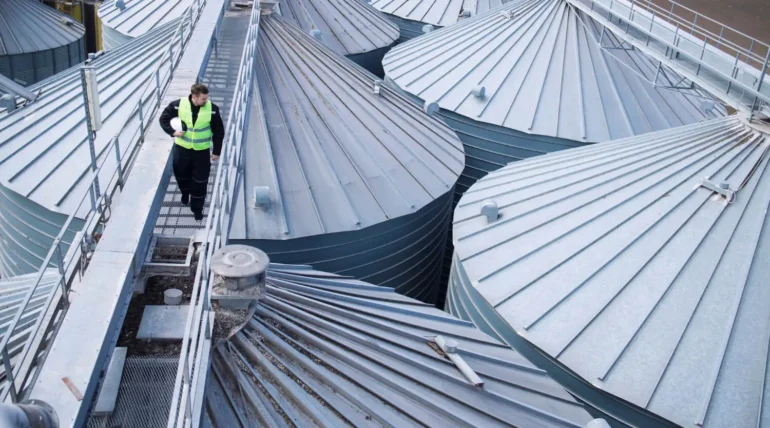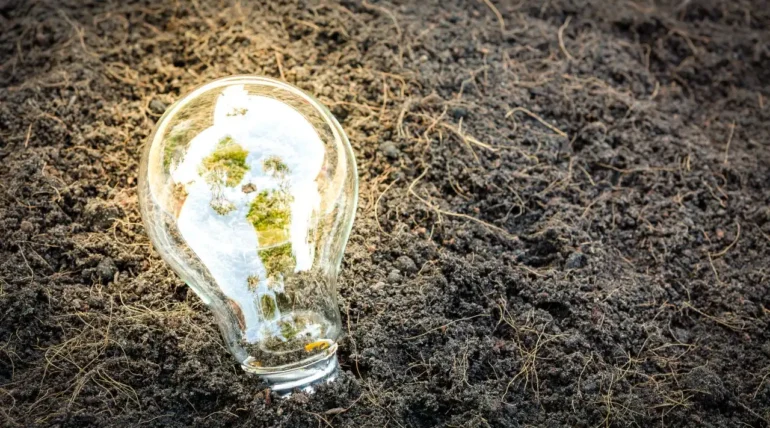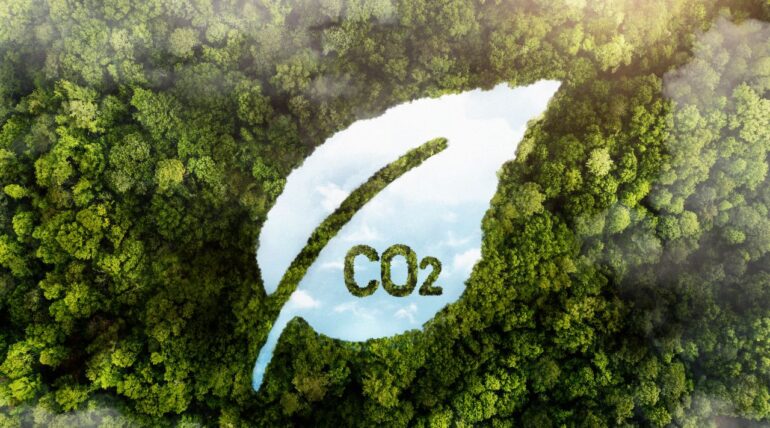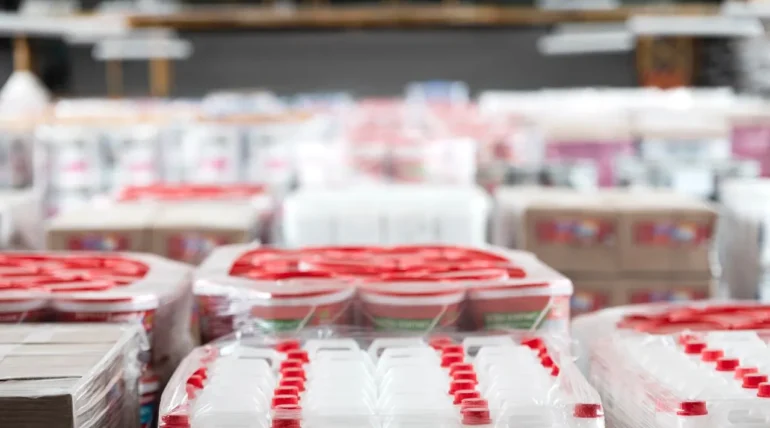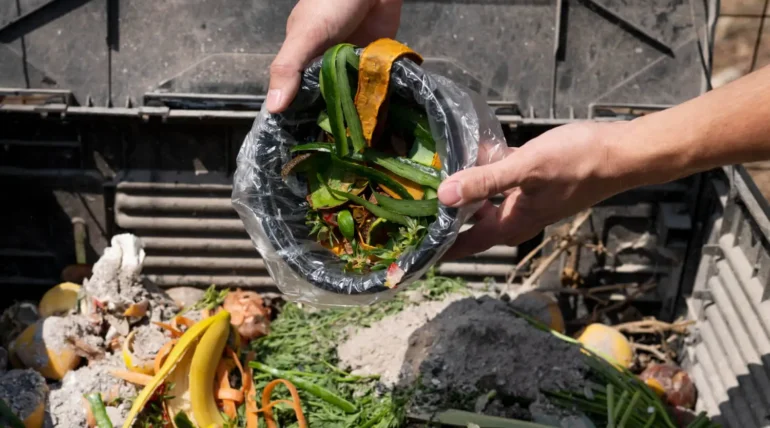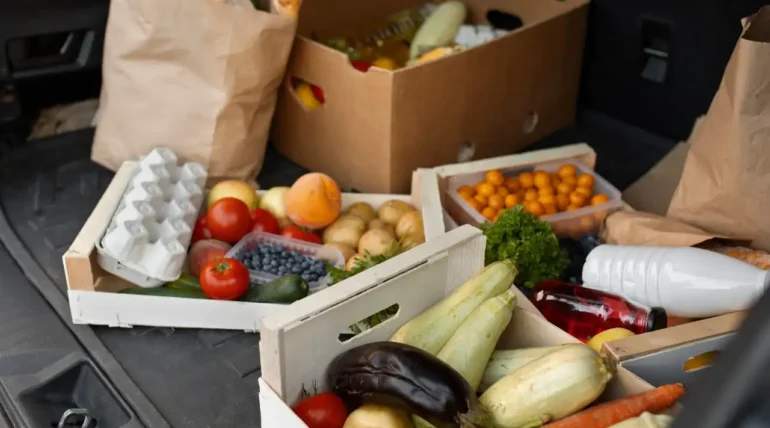-
Shapiroe.com
- /
- Leave a Comment on Brewery Waste Disposal & Management Services: A Practical Guide for Commercial Breweries
Brewery Waste Disposal & Management Services: A Practical Guide for Commercial Breweries
Brewery waste isn’t only difficult to manage, but it can also be a significant expense for companies due to storage, transportation, and disposal costs. Beyond direct costs, breweries must also navigate operational risks, strict and location-specific compliance requirements, and complex logistics infrastructure. That’s exactly why we’re not here to tell you that there’s a

